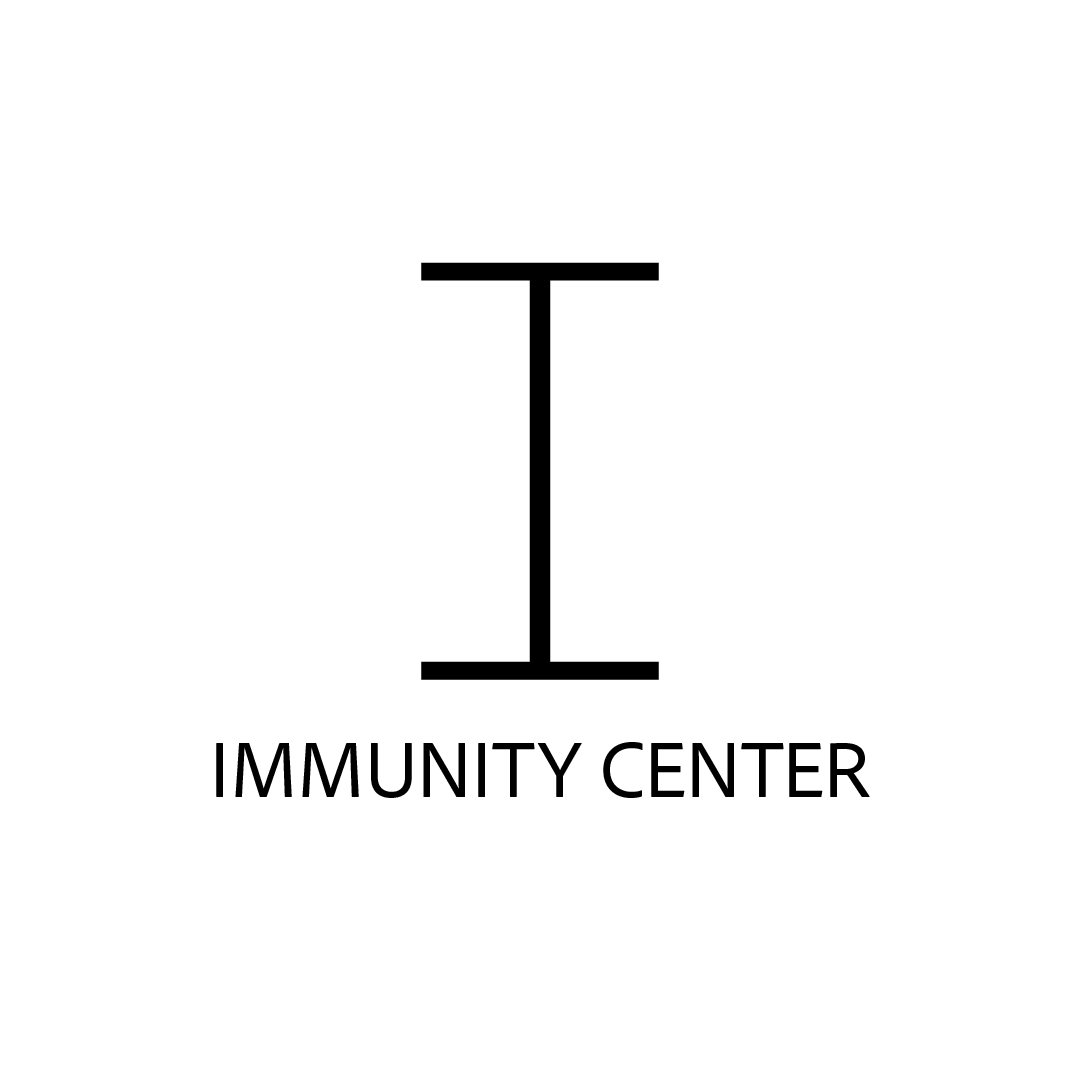Combating the New Norovirus: How IV Therapy Can Speed Up Recovery and Prevent Dehydration
Author name
Understanding the New Norovirus and How IV Therapy Can Help Manage Symptoms
What is Norovirus?
Norovirus is a highly contagious virus that causes acute gastroenteritis, leading to symptoms such as severe vomiting, diarrhea, nausea, and stomach pain. It is often referred to as the "stomach flu," although it is not related to influenza. Norovirus outbreaks are common in places like schools, cruise ships, hospitals, and nursing homes, where the virus can spread rapidly through contaminated food, water, and surfaces.
The Emergence of a New Norovirus Strain
Recent reports indicate the emergence of a new norovirus strain that appears to be more virulent and aggressive than previous strains. While norovirus infections are typically self-limiting, meaning they resolve on their own within a few days, this new variant has been causing more severe symptoms and prolonged illness in some individuals. Health experts warn that this new strain may lead to increased hospitalizations, especially among vulnerable populations such as young children, the elderly, and individuals with weakened immune systems.
Symptoms of Norovirus Infection
Symptoms of norovirus infection usually appear 12 to 48 hours after exposure and can last for one to three days. Common symptoms include:
Severe vomiting
Watery diarrhea
Nausea
Abdominal cramps
Fever and chills
Muscle aches
Dehydration (which can lead to dizziness, decreased urination, and dry mouth)
Severe dehydration is a significant risk, particularly for young children, older adults, and those with pre-existing health conditions. Dehydration can lead to complications requiring medical intervention, making proper symptom management crucial.
How IV Therapy Can Help Manage Norovirus Symptoms
One of the biggest dangers of norovirus infection is dehydration due to excessive fluid loss from vomiting and diarrhea. IV therapy offers a direct and effective solution to replenish lost fluids and essential nutrients, helping patients recover faster and avoid complications. Here’s how IV therapy can assist in managing norovirus symptoms:
1. Rapid Rehydration
Oral hydration can be challenging when dealing with persistent nausea and vomiting. IV fluids bypass the digestive system, delivering hydration directly into the bloodstream for immediate absorption. This helps restore electrolyte balance and maintain adequate hydration levels, preventing severe complications.
2. Electrolyte Replacement
Norovirus-induced vomiting and diarrhea deplete essential electrolytes such as sodium, potassium, and magnesium. These minerals are crucial for maintaining nerve function, muscle contractions, and overall cellular activity. IV therapy replenishes these electrolytes quickly, helping to restore balance and reduce symptoms like dizziness, muscle weakness, and confusion.
3. Nausea Relief
Anti-nausea medications, such as ondansetron (Zofran), can be added to IV therapy to help alleviate persistent nausea and vomiting. This allows patients to tolerate oral fluids and food more quickly, speeding up the recovery process.
4. Immune System Support
IV therapy can include vitamin C, zinc, and other immune-boosting nutrients to help the body fight off the virus more effectively. These nutrients play a crucial role in immune defense and may help shorten the duration of illness.
5. Energy Boost and Fatigue Reduction
Norovirus infections often leave individuals feeling weak and fatigued. IV therapy with B vitamins and amino acids can help restore energy levels, reducing post-viral exhaustion and aiding in overall recovery.
Who Can Benefit from IV Therapy for Norovirus?
While most people recover from norovirus on their own with proper rest and hydration, certain groups are at higher risk of severe dehydration and complications. IV therapy is particularly beneficial for:
Young children and infants who cannot tolerate oral fluids
Elderly individuals who are more susceptible to dehydration
People with compromised immune systems (e.g., cancer patients, transplant recipients)
Pregnant women experiencing severe vomiting
Individuals with chronic illnesses such as diabetes or kidney disease
Preventing Norovirus Infection
While IV therapy is an effective treatment for managing norovirus symptoms, prevention remains the best approach. To reduce your risk of infection:
Practice Good Hand Hygiene: Wash hands thoroughly with soap and water, especially after using the bathroom and before handling food.
Disinfect Surfaces: Norovirus can survive on surfaces for days. Use disinfectants to clean high-touch areas like countertops, doorknobs, and bathroom fixtures.
Avoid Contaminated Food and Water: Ensure proper food handling, cooking, and storage to prevent outbreaks.
Stay Home When Sick: If you or someone in your household has norovirus, avoid close contact with others to prevent spreading the infection.
Conclusion
The emergence of a new norovirus strain underscores the importance of effective symptom management, especially for vulnerable individuals. IV therapy provides a fast and efficient way to combat dehydration, restore essential nutrients, and alleviate symptoms, helping patients recover more comfortably. If you or a loved one is struggling with severe norovirus symptoms, seeking IV therapy can be a game-changer in the recovery process.
By staying informed, practicing preventive measures, and utilizing supportive treatments like IV therapy, individuals can navigate norovirus infections more safely and effectively.
